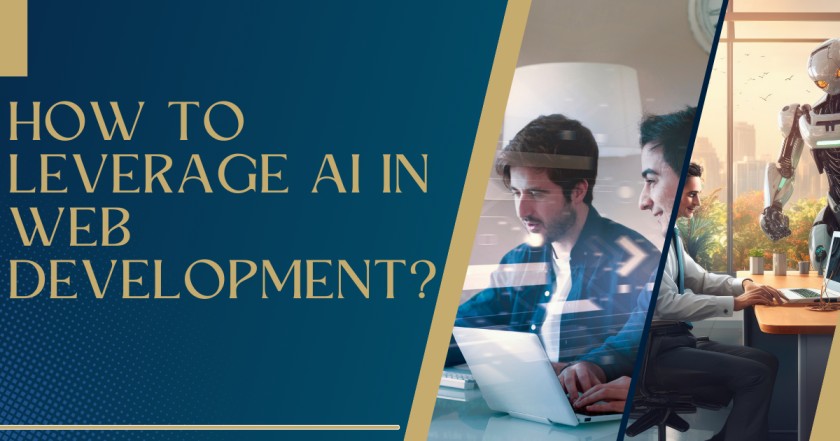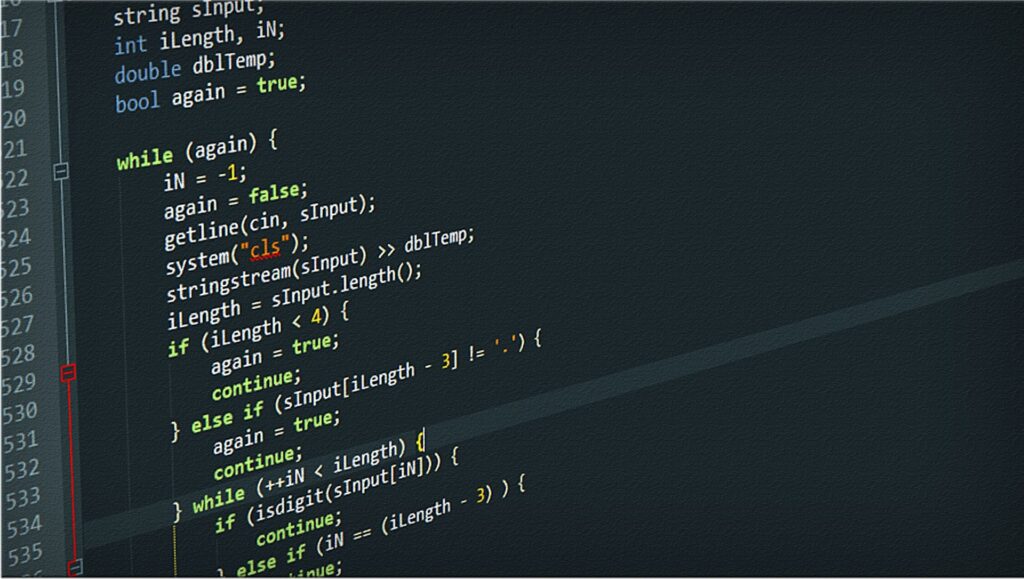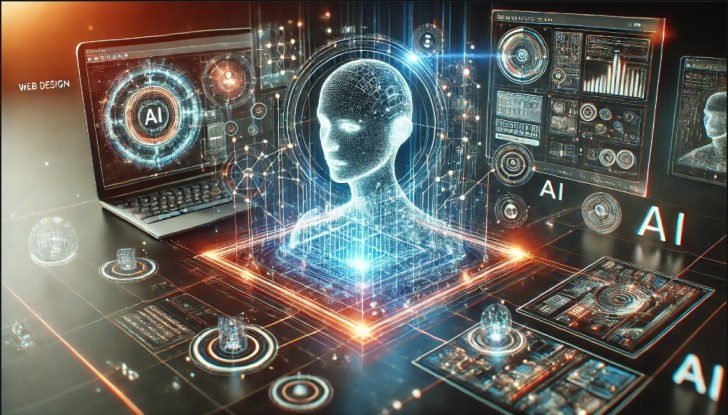How to Leverage AI in Website Development?
AI has generated buzz all around. From its initial intervention to boosting the businesses, it has a different fanbase. No wonder, but we misinterpreting making AI a hero or the rest of the services as just a supporting character. To correct this, websites, apps, and UI/UX are heroes, where AI plays the best supporting role in squeezing their full potential.
AI is the current sensation that has robustly grabbed the efficiency graph. It has utilized technologies, text, and images to the level where it can serve something new in a different style by using the feed information.
Earlier, coding used to be labor-intensive work, where the developer spent a lot of hours building the website pages, and in between, a bug kicked off and made everything a big zero. Yes…Yes, it’s pretty frustrating for the developers and consumes time, but what can others do? It is a tech-oriented task requiring logic, code writing, and years of expertise.
With the emergence of AI, the problem was resolved, and tedious tasks were assigned to these tools, providing time for the developers to think strategically and elevate the website with robust code writing.
From the above, you can see how things are taking tectonic shifts. Further in this blog, we’ve discussed how AI is leveraging in website development and proven a successful takeaway towards tech initiatives.
Revolutionizing Website Development through AI
Leveraging AI in website development means using AI to an extended level to cut down on operational costs and make coding more efficient. AI optimizes machine learning algorithms to automate various tasks and content generation and meet the tailored needs of the users.
Here are the top reasons to use AI in website development:
- With the help of machine learning (ML), it optimized various tasks to get optimized. It also helps in automated design generation.
- Through AI like Gemini and ChatGPT, developers can generate text content, images, and videos for websites to align with users’ needs.
- Once the AI has been enabled, it provides personal assistance that helps to give recommendations based on the user’s interests and search history.
- No wonder this automation can also provide SEO-optimized content for websites that perfectly align with business needs.
5 Top Examples of AI in Website Development
We had talked about how the emergence of AI was beautifully aligned to elevate the website development flow and streamline the operational tasks.
Below are five examples that incorporate AI into the website development process. It is an innovative approach that needs an hour to tackle with the advanced time.
1. Automation in the Development Process
Once the AI was incorporated into the system, it became easy to write boilerplate code with the help of tools like Github Copilot or TabNine. They assist in writing standard code structures such as forms, authentication modules, or database connections. This automation also provides intelligent suggestions like debugging and generating code scripts on past patterns, making the process seamless.
Moreover, tools like Sketch2Code or Figma AI help convert wireframes and design mockups into working HTML/CSS code. It optimizes designs seamlessly for different screen sizes and devices without manual intervention.
This automation also assists in the testing part, which seems complicated. Tools like Testim or Functionize create and execute automated test scripts that identify bugs faster than manual testing.
2. Personalized Experiences in the Website
This is the best thing that AI brings to light. Automation supports personalized experiences on the website, making it possible to grab users’ attention. These bots work dedicatedly to implementing adaptive UI/UX design that adjusts as per user preferences and interactions.
Those chatbots are also there to assist the customers and clients with queries. We kept a door open to elevate their experiences and try to get into their shoes to make what more we can bring to the table through automation.
Note: How do these bots know what the user will like or dislike?
For this, AI algorithms keep a keen eye on the user’s daily activity, like search history, clicks, likes-dislikes, and time spent on pages, and report their daily online activity. Once the data is decoded, it becomes a walk into the park of what users will like next or what can be quickly sold.
3. Performance Optimization Through AI
You can find any website design company that optimizes its website performance to meet the specific criteria to showcase a robust portfolio. Now, this can easily be available through AI that leverages to optimize websites for the best performances, ensuring website load faster, handling traffic efficiently, and delivering high-quality content.
Enabling these AI tools into the practices helps protect yourself from the massive gateway errors that can negatively impact your business. These AIs automatically scale server capacity (Ups & Downs) and ensure consistent performance, preventing server crashes during high load time while reducing costs during low-traffic periods.
4. SEO Optimized
If you’ve built a web development service, enable the automation. This helps on various frontiers. The best part is that those AI-driven SEO tools analyze keywords, optimize on-page SEO, and efficiently contribute to improving search rankings.
Moreover, these AIs are also used to analyze trends, generate topic ideas, and update fresh content that makes the website relevant to the market. As SEO grows in the market, voice search technologies are also taking the light; therefore, with automation, NLPs become efficient enough to understand the user queries and help them with the relevant answers, elevating their experiences just from the website.
5. Enhanced Security
Automation is an integral part of the website that can not be overstated. This automation not only maintains the website and makes it user-friendly, but apart from this verticle, it identifies and mitigates potential security threats like SQL injection or XSS attacks.
This automation also uses advanced authentication methods, such as facial recognition or behavior-based biometrics, to prevent unauthorized access to the website. More than this, these AI algorithms efficiently monitor unusual user activity patterns to detect fraudulent actions or breaches.
Conclusion
To conclude, AI leverages website design process efficiently. It makes it one of the top choices to be the crystal-clear image of your business. These tech practices and automation single-handedly cut operational costs and give your business portfolio a professional arc.
Therefore, enabling AI in website development requires an hour that can be incorporated, and if not, then it can be exposed to hackers, making the website and business process vulnerable.
Keeping the changing times and the increasing role of AI, enabling it on the website is entirely justified to make your business a long-race player in the game.




3 thoughts on “How to Leverage AI in Website Development?”